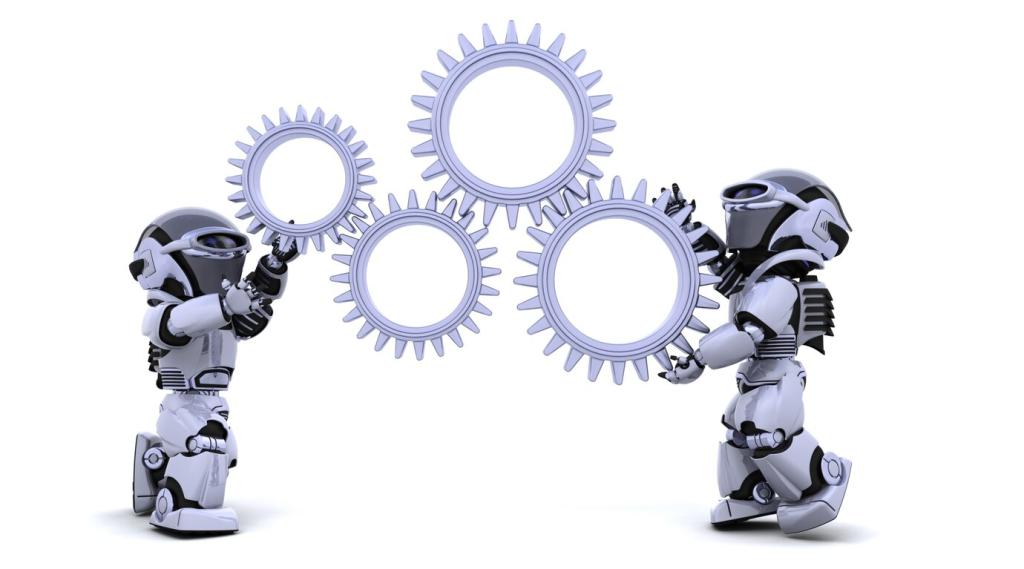Artificial intelligence is revolutionizing the way we live, turning traditional homes into dynamic, adaptive environments. Modern smart homes equipped with AI capabilities are more than just collections of connected devices; they are self-learning ecosystems that anticipate needs, boost security, and maximize efficiency. As technology becomes increasingly intertwined with daily life, AI’s influence on home automation is redefining comfort, safety, and convenience for homeowners.
Intelligent Automation: Streamlining Home Life
AI enables systems to learn and adapt to occupants’ preferences by monitoring usage patterns and environmental conditions. Heating, cooling, and lighting are adjusted automatically to provide optimal comfort at all times. For example, as users move through the house, smart thermostats and lighting systems adjust settings to suit individual routines. Over time, AI refines these adjustments, contributing not just to comfort but also to energy conservation. This dynamic personalization means users no longer need to manually tweak settings, as their smart home quietly adapts in the background to create the perfect living environment.

Real-Time Threat Detection and Response
With AI at the core, smart home security systems convert streams of data from cameras, motion detectors, and sensors into actionable insight in real time. Unlike traditional systems that simply trigger alarms, AI-driven platforms can distinguish between everyday events and genuine threats. Suspicious activities are identified with higher accuracy, reducing false alarms and ensuring that true threats are responded to promptly through alerts and automated security responses.
Facial and Voice Recognition Technology
Artificial intelligence has brought advanced biometric technologies into home security, making identification and access both more secure and more convenient. Facial recognition cameras can accurately identify household members and trusted visitors, while denying access to unknown individuals. Likewise, voice recognition adds another layer of authentication, ensuring that only approved voices can control sensitive functions or gain entry. These biometric systems are continually refined by AI, improving their accuracy over time and making it increasingly difficult for potential intruders to bypass security protocols.
Continuous Learning for Adaptive Security
AI systems in smart homes do not remain static—they evolve as household patterns change. Machine learning algorithms analyze regular activities, learn occupants’ schedules, and adapt security protocols accordingly. If unexpected behavior is detected, the system can escalate security responses or notify homeowners immediately. This adaptability means that the security system grows smarter, providing enhanced protection that keeps pace with the needs of the household and emerging threats in the external environment.
Integrating Energy Management and Sustainability
01
Intelligent Energy Consumption Analysis
AI-driven energy management systems monitor appliances, heating, and cooling, learning patterns of usage throughout the home. By analyzing this data, AI recommends or automatically enacts changes to reduce waste—such as adjusting thermostat settings during periods when rooms are unoccupied or switching off devices that are not in use. Over time, these micro-adjustments aggregate into significant energy savings, translating into lower bills and a reduced environmental impact.
02
Seamless Integration With Renewable Resources
Modern smart homes increasingly incorporate renewable energy, such as solar panels or home battery storage. AI maximizes the efficiency and utilization of these resources by predicting usage, weather patterns, and energy prices. It intelligently decides when to draw power from the grid, when to store energy, and when to use renewable sources, ensuring optimal use at all times. This smart balancing of resources not only saves money but also empowers homeowners to play a more active role in reducing their dependence on traditional energy sources.
03
Adaptive Appliance and Device Optimization
AI monitors the condition and performance of household appliances, continually adjusting their operation for enhanced efficiency and longevity. It can suggest maintenance, detect performance drops, and fine-tune operational parameters to minimize unnecessary energy drain. By proactively managing devices, AI extends their lifespan while maintaining peak efficiency. This level of intelligent management creates a home ecosystem that is not only smarter but also more sustainable and cost-effective in the long term.
